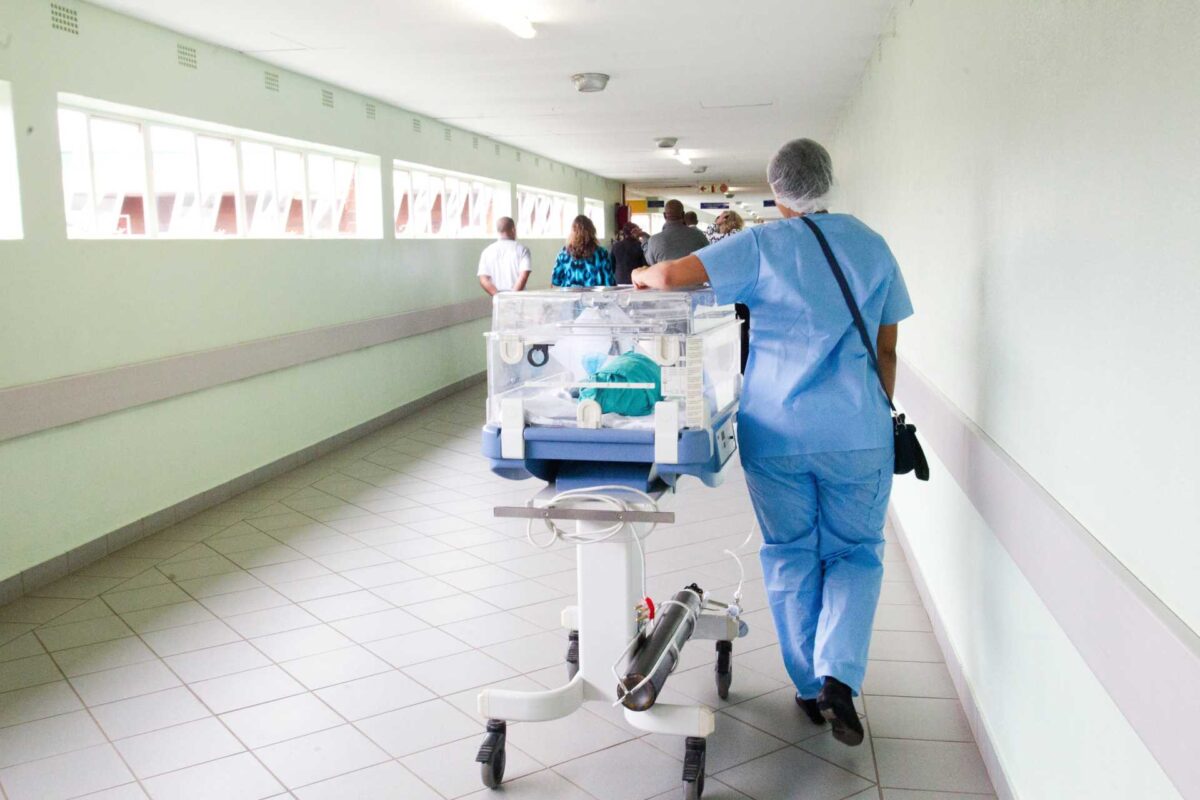Ontario health care workers are facing a mental health crisis as their workload continues a steady march towards becoming too heavy to handle, a new report shows. The qualitative report shares the findings from interviews with 26 hospital workers across the province. It shows that health workers are experiencing high levels of anger, distrust, stress and despair.
“I am completely burnt out,” said one worker quoted in the report. “Every shift we’re short staffed … It’s embarrassing to say I don’t have the compassion I used to have … I am exhausted right now, mentally, physically, emotionally.”
Short staffing has led to traumatic experiences for workers. One clerical worker said in the report that they felt the effects of lacking staff, especially in situations where extra support is needed.
“The doctors are in there pumping on a man’s chest, but the cleaner and I are outside the room holding the man’s wife so she doesn’t crumple to the ground while she’s watching her loved one die. It’s us doing those things because the hospitals don’t have social work on every day,” the worker said.
The report reasserts that working conditions for health workers create the conditions for patient care. Injuries caused by short staffing are not limited to mental health injuries on workers.
“I believe understaffing is contributing to medical errors. It happens all the time, not only because of the short staffing, but because even if you do have staffing you don’t have continuity. You don’t have people there regularly who know the system, know the patient, know the ins and outs,” another worker said in the study.
An Operating Room nurse quoted in the report said they have watched patients sit in their beds for days without being properly turned or positioned. Patients are forced to wait due to clogged operating rooms. As the days go by, patients become filthy and begin to “reek of their own feces.” Some also develop pressure ulcers.
Accounts given by interviewees in the report provide more detail on the health human resource crisis that workers have long been facing. In January, a separate qualitative study by Nanos Data for the Canadian Union of Public Employees (CUPE) showed that almost 70 per cent of health workers felt their workplaces were understaffed.
The way out seems murky to many, almost 80 per cent of respondents said they are lacking confidence in the government’s ability to improve the health care system. Given this bleak situation, only 20 per cent of workers said they experience no side-effects that have been associated with working in the health sector as of late. Side-effects include stress, anxiety, trouble sleeping and sadness.
As workers become overburdened, they are unable to provide the patient care they intend to. As a result, many people experience moral distress and moral injuries in addition to mental health hardships. Moral injury is a term originally used to refer to trauma that affected military personnel. It occurs when a person perpetrates, witnesses, or fails to prevent something that goes against
their morals or values.
“A corporation’s main goal is to make money and the fact they can make money off of public health care is a real problem,” one interviewee said in the report. “Then it’s not about health care anymore, it’s about how can we continue to earn money while pretending to care about people? And I think that is morally wrong.”
A document obtained by the Canadian Press earlier this year showed the government predicts the province will need 33,200 more nurses and 50,853 more personal support workers in 2032.
Michael Hurley, co-author of this week’s qualitative study and president of CUPE’s Ontario Council of Hospital Unions, said he’d expect the government to be behaving with more urgency given the situation.
“We have seen some tinkering from the province, but nothing commensurate with the
severity of the crisis. We had an astounding 870 emergency room closures last year, and we
cannot allow that to become acceptable,” he said. “The government must act now.”



